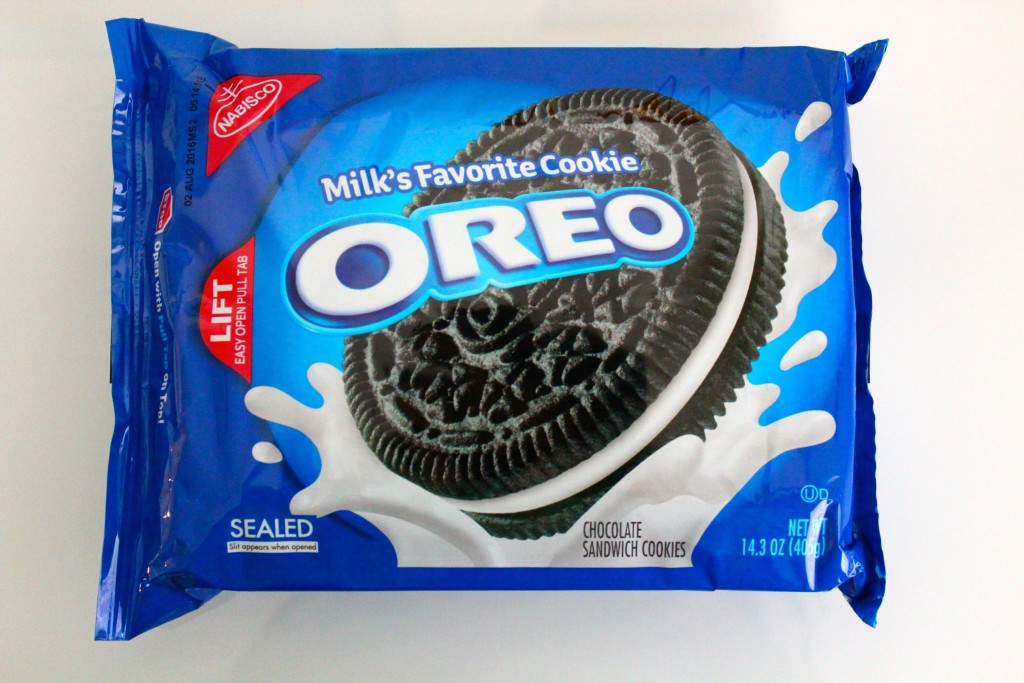We all have moments where we can’t help but think, “If that person ate a salad like me, he or she would be healthier.” Or better yet, we even advise others to adopt our lifestyle because ours is obviously healthier. But unless you workout constantly, you’re probably not as healthy as you think you are.

Photo by Andrew Chang
Statistics have shown that over the years, Americans have increased their intake of sugar and reduced the amount of time they exercise, resulting in more overweight Americans. With large fast food companies flourishing and booming technology, it’s no wonder that we’ve become negligent of our health.

Photo by Jenny Mun
However, despite the contradictory evidence, Americans generally assume that they’re still healthy. According to Mandy Oaklander from Time, the National Center for Health Statistics (NCHS) found that 66% of Americans said that they were in excellent or in very good health. Why could that be?

Photo by Jonathan Hsu
One possible idea is illusory superiority, as Melissa Maul from NyMag presents. Illusory superiority is the psychological phenomenon of overestimating your abilities relative to others. It’s a form of positive illusion, in which you have a more favorable outlook on yourself. When you’re behind the wheel, you tend to think that you’re a better driver than those around you. You think your IQ is higher than those around you. Same idea with health: You believe that your ability to be healthy is better than others, when in reality it isn’t.

Photo by Luna Zhang
The next time you find yourself thinking that you’re healthier than those around you, try to think past the positive illusions. How much of the cereal that you eat every morning is actually one serving? Why do you think that the Caesar salad in your hands is better than the sandwich in someone else’s hands? How often do you exercise every week? Striving to be healthy is good, but constantly believing that you’re superior to others can have a detrimental effect on yourself.


